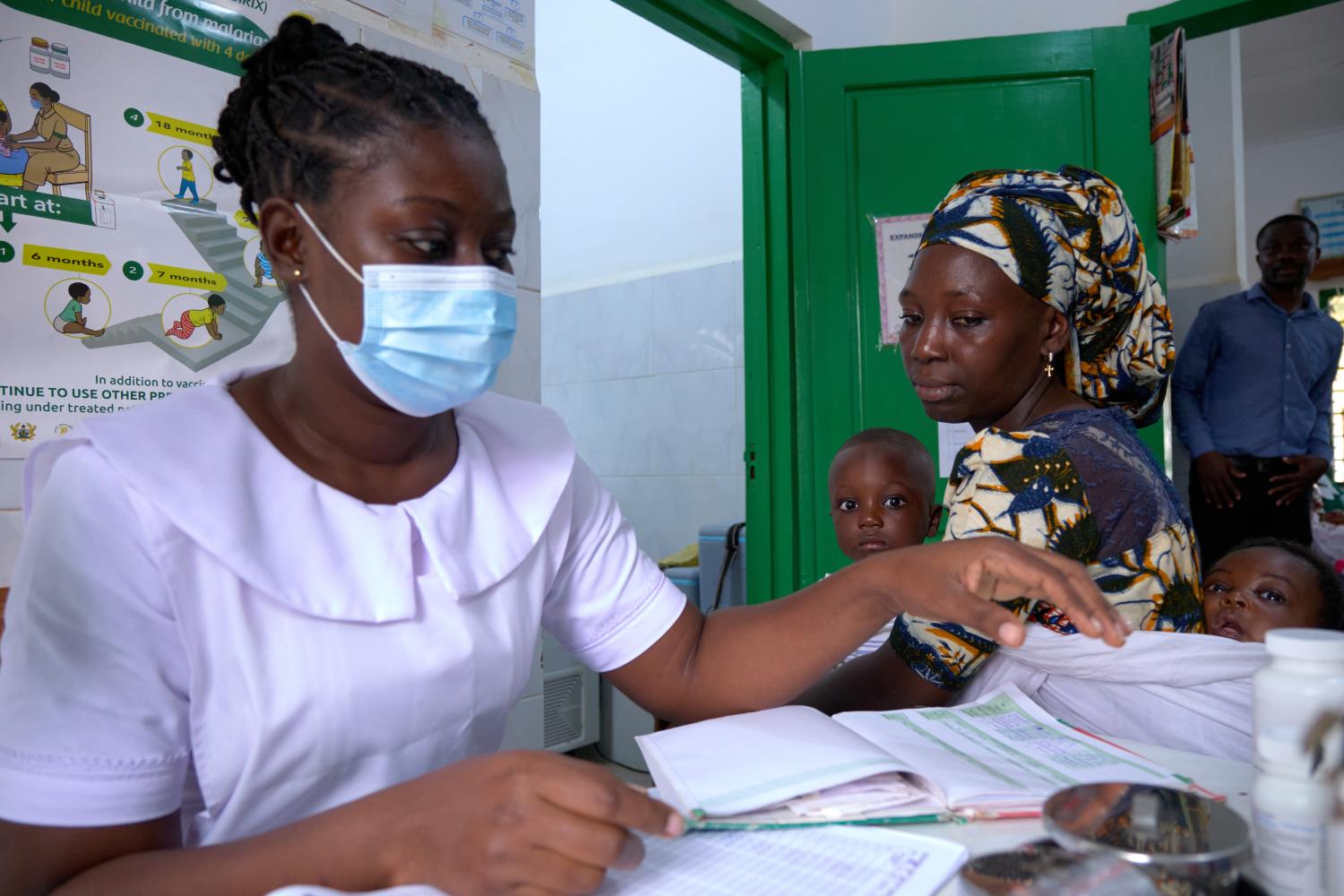Interim analysis of a phase 4 study shows incidence of malaria and severe malaria were significantly reduced in children who received the RTS,S/AS01E malaria vaccine, researchers reported last week in The Lancet Global Health.
Developed by British drugmaker GSK, RTS,S/AS01E in 2021 became the first malaria vaccine to be recommended by the World Health Organization (WHO) for prevention of Plasmodium falciparum malaria in areas of moderate-to-high transmission. The vaccine is given on a four-dose schedule that begins at 5 months and continues through age 2.
RTS,S/AS01E is one of several tools the WHO introduced to reduce the burden of malaria, which sickened an estimated 263 million people and caused 597,000 deaths in 2023, primarily in Africa. Seventy-six percent of those deaths were in children under 5. In 2023, the organization recommended a second four-dose malaria vaccine (R21/Matrix-M) for use in children.
The WHO estimates the two vaccines could prevent up to half a million child deaths by 2035 if scaled up in moderate- and high-transmission areas. According to the WHO's malaria vaccine introduction dashboard, 24 countries are now offering the vaccines as part of their childhood immunization programs.
Assessing effectiveness in real-world settings
The WHO recommendation was based on clinical trial results and evaluation of 2 years worth of data from the Malaria Vaccine Implementation Programme, a pilot program in which more than 2 million children in Ghana, Malawi, and Kenya received the vaccine from 2019 to 2023. Those data, collected in the cluster-randomized Malaria Vaccine Programme Evaluation (MVPE), showed a 9% reduction in all-cause mortality and a 32% reduction in severe malaria hospitalizations in children under 5 years of age.
The phase 4 disease surveillance study is one of several post-marketing studies initiated by GSK in the framework of the pilot implementation to assess the safety and effectiveness of RTS,S/AS01E in real-world settings.
"Vaccine effectiveness evaluated in real-world settings might differ from the efficacy results observed in the controlled environment of clinical trials and will depend on malaria incidence, which is likely to change over time due to variations in transmission intensity or the coverage of other malaria control interventions or climate change," the study authors wrote.
Led by scientists with GSK, an international team of researchers followed 45,000 children under 5 in Ghana, Malawi, and Kenya for 1 year after the primary three-dose vaccine schedule, comparing secondary efficacy endpoints in vaccinated children from areas where the vaccine had been introduced (exposed clusters) and unvaccinated children from areas where it was not yet introduced (unexposed clusters). The endpoints included the incidence of malaria and severe malaria, all-cause hospitalizations and malaria-related hospitalizations, mortality, and the prevalence of anemia among hospitalized children. Primary endpoints and secondary safety endpoints were reported in separate studies.
These findings reinforce the ongoing use of RTS,S/AS01E vaccination in children as an effective measure to reduce malaria-related illness and mortality in endemic regions.
Over a year after the third dose, when comparing vaccinated children from exposed clusters with unvaccinated children from unexposed clusters, the country-adjusted incidence rate ratios (IRRs) indicated 30% reduction in any malaria (IRR, 0.70) and a 58% reduction in severe malaria (IRR, 0.42). Vaccinated children from exposed clusters also saw a 36% reduction (IRR, 0.64) in malaria-related hospitalizations, a 21% reduction (IRR, 0.79) in all-cause hospitalizations, and a 17% reduction (IRR, 0.83) in all-cause mortality.
Among children who were hospitalized, the prevalence of anemia and severe anemia was reduced by 19% (IRR, 0.81) in vaccinated children. Anemia is a known but underestimated complication of malaria in sub-Saharan Africa.
The authors note that the findings are in line with both the MVPE data and the results from the phase 3 trial of the vaccine, which found a 39% reduction in incidence of malaria an d a 29% reduction in severe malaria in vaccinated versus unvaccinated children over 4 years of follow-up.
"These findings reinforce the ongoing use of RTS,S/AS01E vaccination in children as an effective measure to reduce malaria-related illness and mortality in endemic regions," they wrote.





















